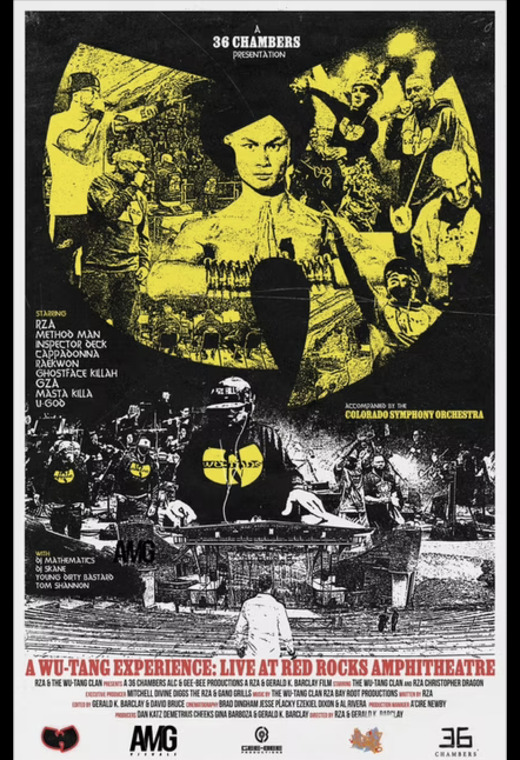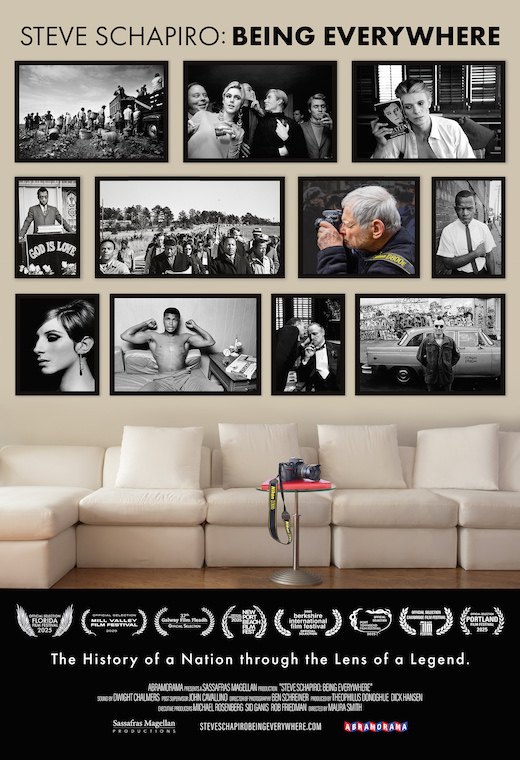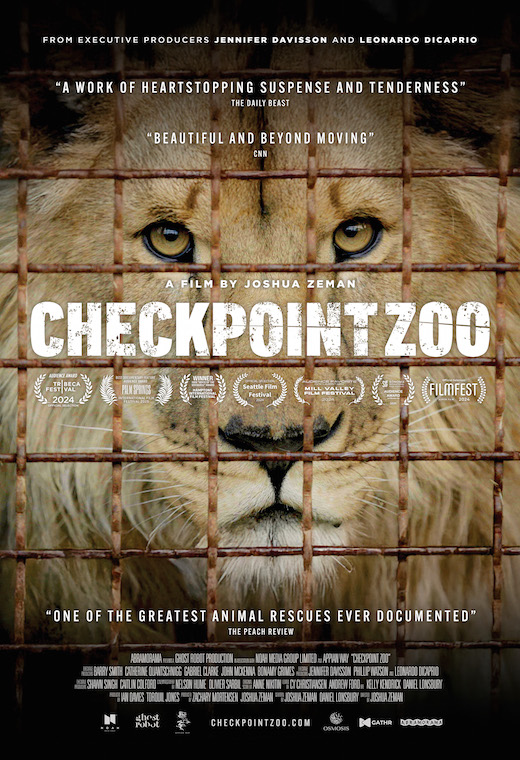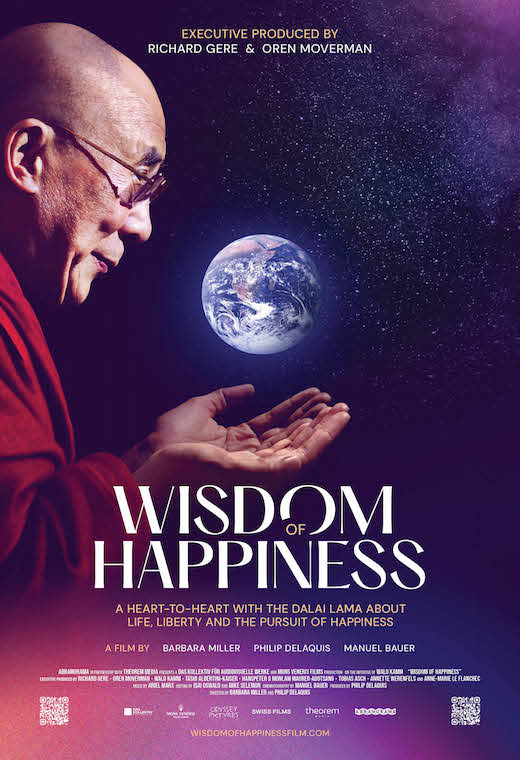I definitely had an idyllic childhood growing up on the Northern Beaches of Sydney, Australia. I lived on a waterfront at Paradise Avenue in a suburb called Avalon, which just about says it all. It was a simple life spent in swimming togs, barefoot with a salt-encrusted ponytail. Each day my mother would drive my sisters and I down to the beach in the red mini-moke for our fill of sunburn, sand and blue bottle stings which cultivated my visceral relationship with the sea. So much of my childhood was spent at the back of the surf, tumbling in white water, gasping for breath. Or setting sail down the coast to Sydney Harbour in the middle of a summer storm with a rolling swell and aching belly. As kids my parents gave us an understanding of our connection to Nature, and in return Nature gave us the sense of our capacity and our strength.

From this very personal connection, I came to make a film about the ocean. BLUE started off as an intimate love letter for the ocean, but very quickly the story became much bigger. Within a few weeks of commencing production, WWF released the Living Blue Planet report stating half of all marine life has been lost in the last 40 years. And by 2050 there would be more plastic in the sea than fish. The biggest coral bleaching event known in history kicked off and threatened to wipe out 38% of reefs worldwide.
So what should my love letter to the ocean say? I loved you, but I neglected you. I’m sorry.
Is it too late for us?
The ocean’s story is at the heart of planet. It drives our climate – it is our life support system. Every second breath we take, comes from the ocean. Ultimately, the ocean will determine our fate. And yet the seas are warming. Fragile and complex habitats are being destroyed and it’s hard not to be saddened by the loss that is happening. But after you’ve stared down these difficult truths it’s so important not to be discouraged or overwhelmed with despair. We know there are things we can do to help the recovery of our marine life and ocean. We need to take our wretchedness and turn it into rage – turn it into action.
During the making of my film, urgent action started to take place. Countries began banning single use plastics and the movement continues to grow, week on week. In the final days of the edit, marine parks were announced in the Southern Ocean and in Hawaii – creating some of the largest protected areas on Earth. Parks in the Sea! Not just on land.

There’s now a global movement underway to save our oceans and BLUE is helping to galvanize these vital efforts. The tide is turning, and people are starting to see the ocean is not a commodity but a key life force that needs our protection. Not only do we need a better grasp of how to live on our finite planet, but also an understanding of how the future is something we can all affect.
World Ocean’s Day is my Valentine. In cities around the world, BLUE will screen in cinemas from New Zealand through to Hawaii, symbolic of how we are all connected to one another through the ocean and how we rely on one big, beautiful Blue planet. Now, more than ever we need to see ourselves as part of Nature, not separate from it. And to show our love. When we love something, we’ll feel more impassioned to respect it and if necessary, fight for it.
“Humans are air breathing, terrestrial animals for whom seventy percent of the planet is marine and a mystery. Yet in the Anthropocene, we are having an astonishing global impact, depleting life and plasticizing the seas and all life forms on Earth. This searing documentary should open all eyes to what is happening to the biosphere.”
David Suzuki
“A cogently argued, beautifully shot and truly inspired call to battle, this film provides a beautiful but bracing view of what needs to—and can—be done now.”
Vancouver International Film Festival
“Nuance and complexity sets Blue apart as an environmental documentary. It resists sugar-coating but communicates hope; it simultaneously privileges the scientific and the romantic, the individual and the collective. The images of the ocean’s decay stun us, but so do the many of its beauties – and these factors become change-making forces in Blue.”
The Big Issue
.jpg)






Comments
No comments to display
Leave a comment
Please Login or Register to leave a comment